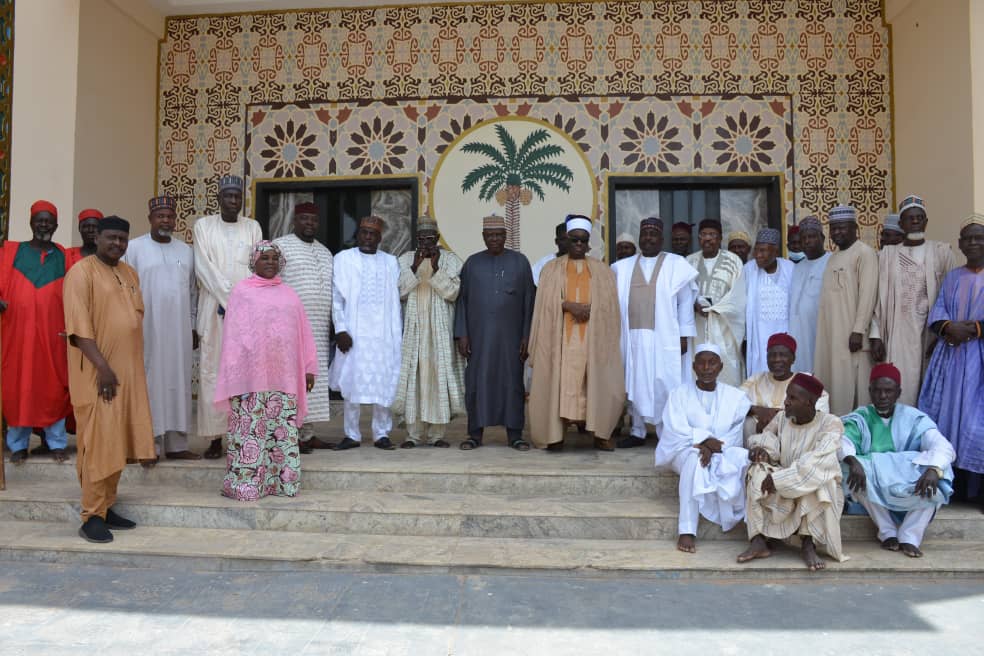
CBDA Management Concludes Tour with Strategic Visits to Emirs of Potiskum and Fika
On May 30, 2025, the CBDA Management Team concluded their tour by paying courtesy visits to the Emirs of Potiskum and Fika, strengthening relationships and seeking advice on enhancing agricultural services to boost food security in line with the President's Renewed Hope Agenda.
The Chad Basin Development Authority (CBDA) Management Team concluded their multi-day engagement tour on Thursday, May 30, 2025, with significant courtesy visits to prominent traditional rulers in Yobe State. These visits aimed at strengthening relationships and exploring collaborative opportunities for agricultural development.
The day's key visits included:
- Visit to the Emir of Potiskum:
The team paid a courtesy call on His Royal Highness, the Emir of Potiskum, Alh. Umaru Bubaram Ibn Wuriwa Bauya I, OON.
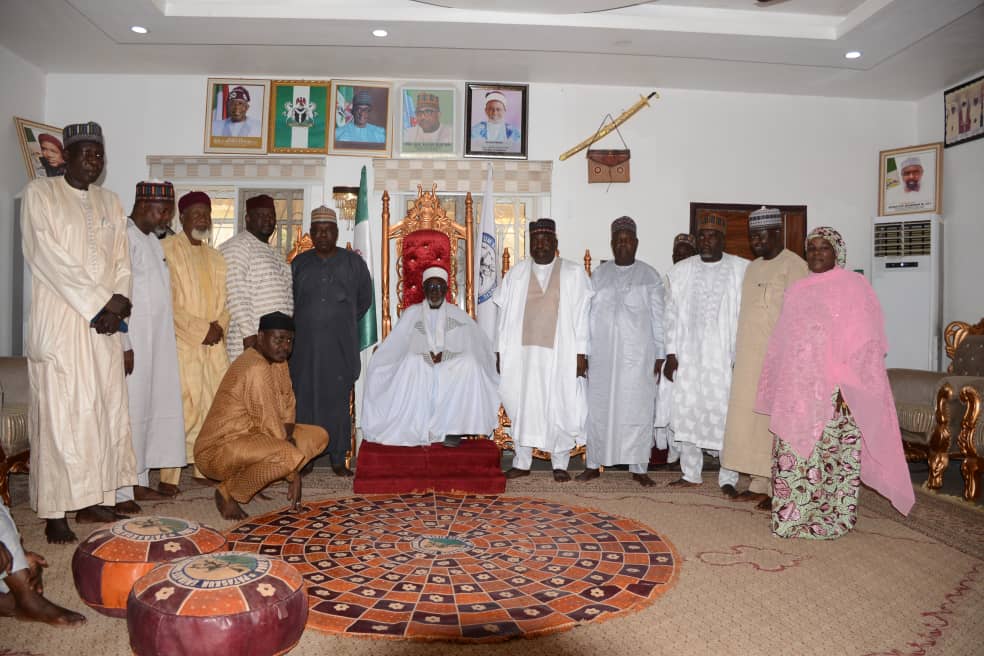
The delegation also visited His Royal Highness, the Emir of Fika, Alh. Muhammadu Abali Ibn Muhammad Idrisa, who is also the Chairman of the Yobe State Council of Chiefs.
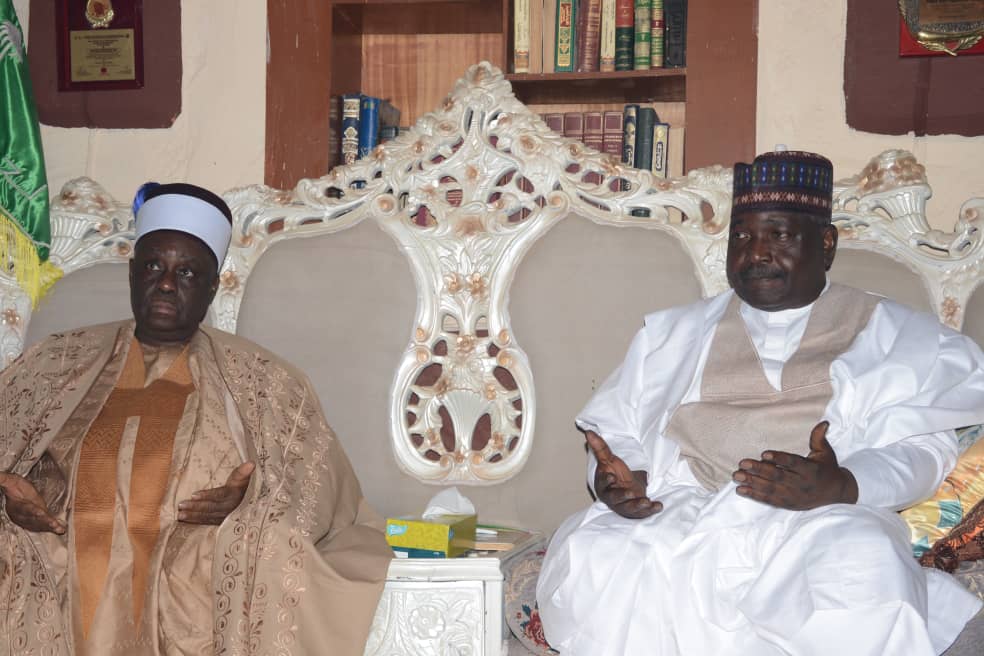
Purpose of the Visits:
During these high-level engagements, the CBDA Management Team:
• Paid traditional homage to the esteemed Emirs.
• Formally introduced the new CBDA management team.
• Sought valuable advice and insights from the traditional rulers on strategies for improving agricultural extension services.
• Discussed ways to enhance irrigated agriculture to effectively support the President's Renewed Hope Agenda focused on national food security.
These concluding visits underscore CBDA's unwavering commitment to robust collaboration with traditional institutions and deep community engagement, paving the way for impactful future development initiatives in the region.
Related Articles
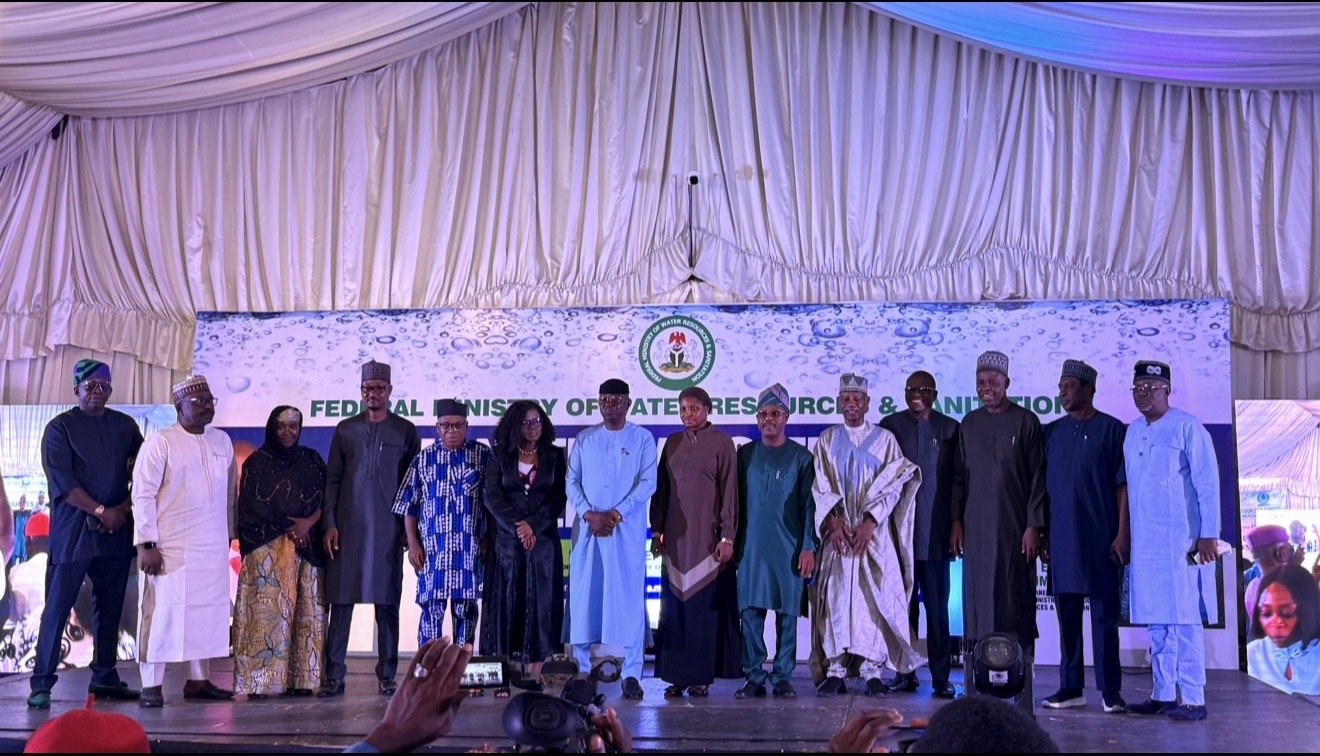
CBDA PARTICIPATES IN MINISTRY OF WATER RESOURCES’ NATIONAL STAKEHOLDER ENGAGEMENT ON WASH, IRRIGATION & FLOOD MANAGEMENT
Dec 3, 2025

National Emergency Management Agency Pays Courtesy Visit to Chad Basin Development Authority
Oct 23, 2025
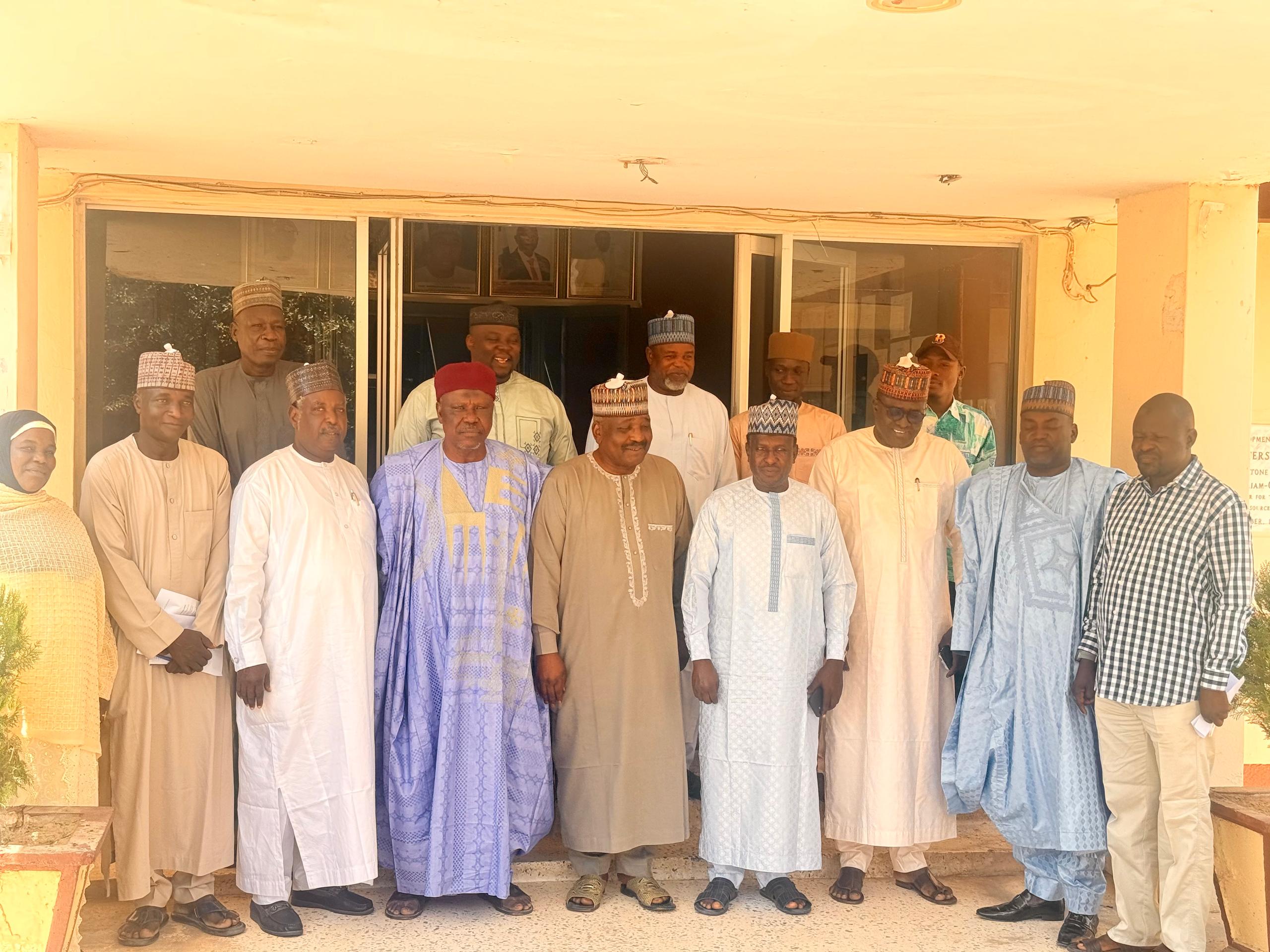
National Inland Waterways Authority Pays Courtesy Visit to Chad Basin Development Authority
Oct 23, 2025
Latest News
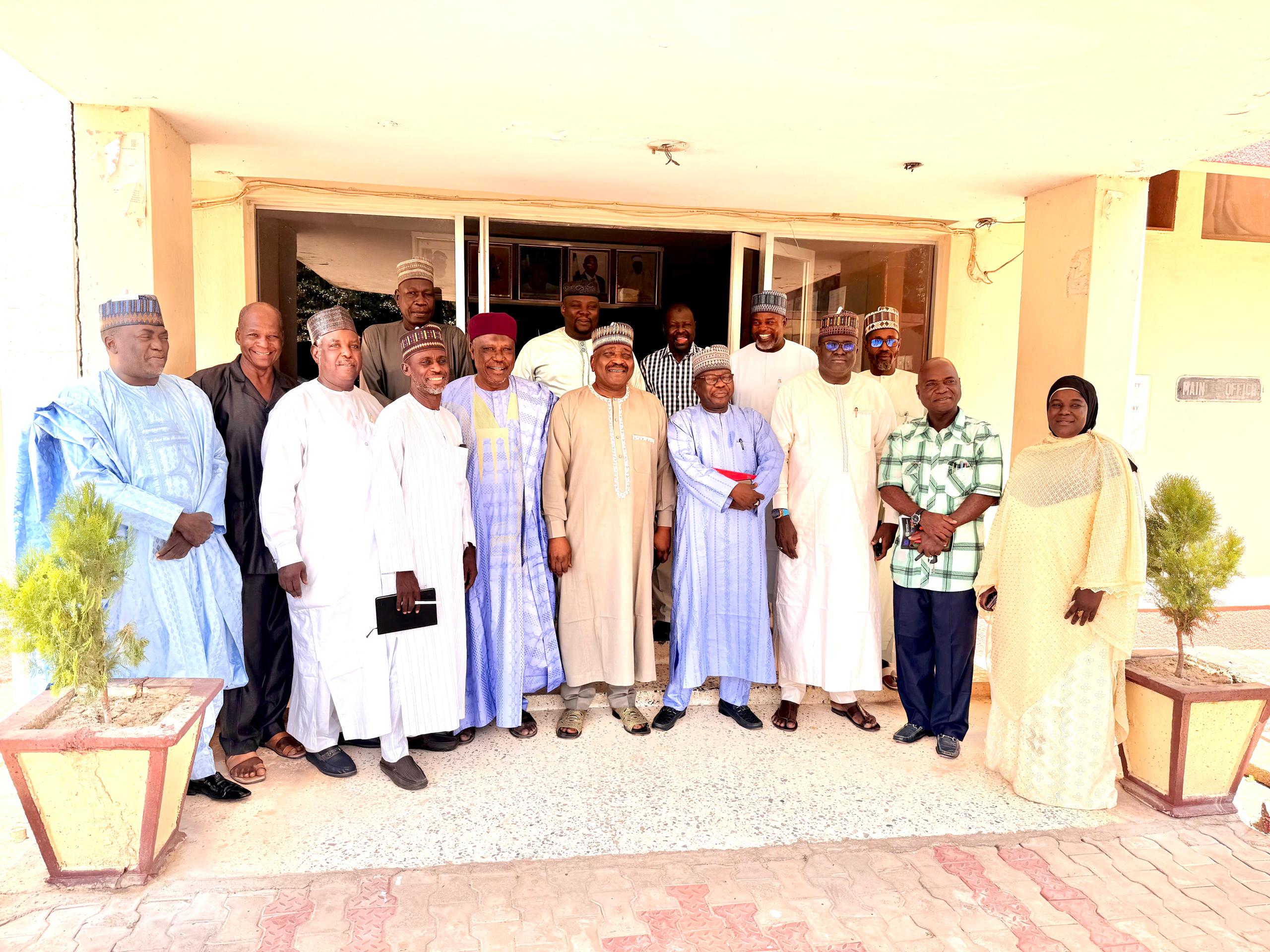
Mohamet Lawan College of Agriculture Pays Courtesy Visit to Chad Basin Development Authority
Oct 23, 2025 October 23, 2025 (Updated)
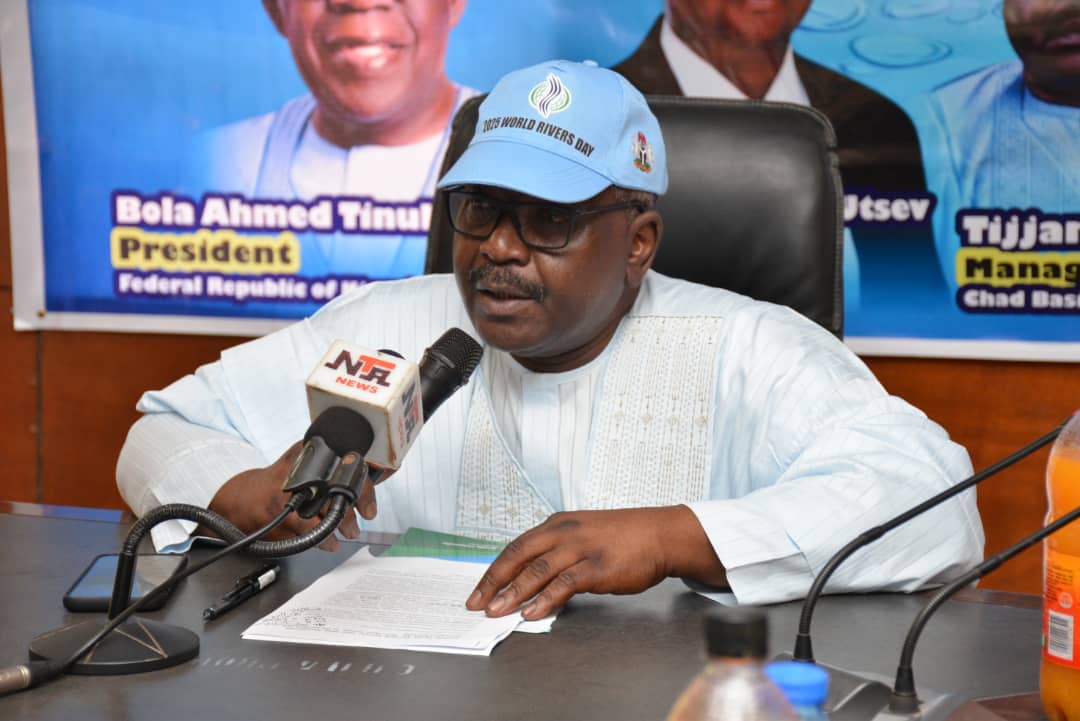
CBDA commemorates World Rivers Day themed Clean Rivers, Healthy Communities.
Sep 29, 2025 September 29, 2025 (Updated)
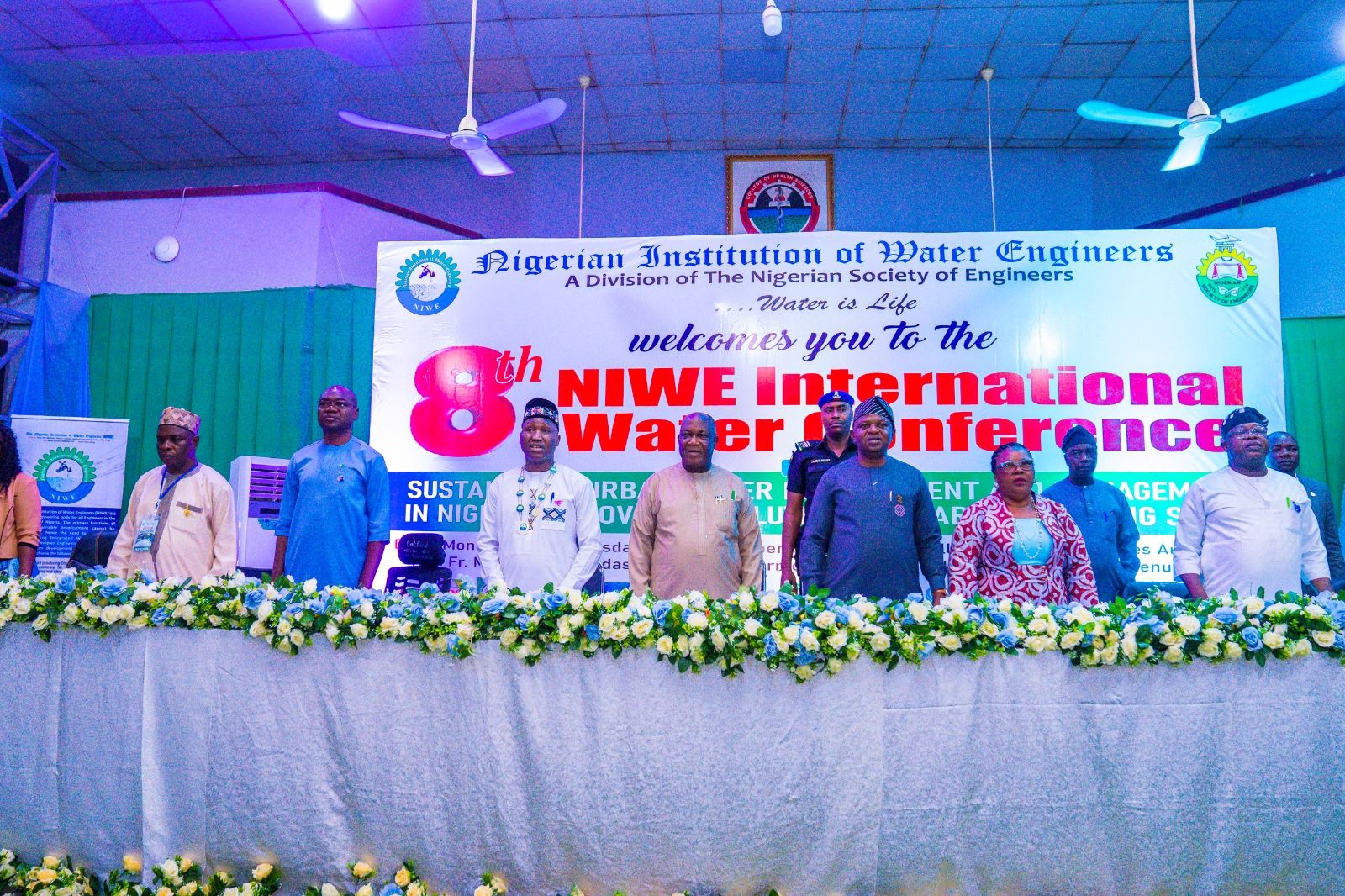
CBDA Participates in 8th NIWE International Water Conference (IWC 2025)
Sep 18, 2025 September 18, 2025 (Updated)
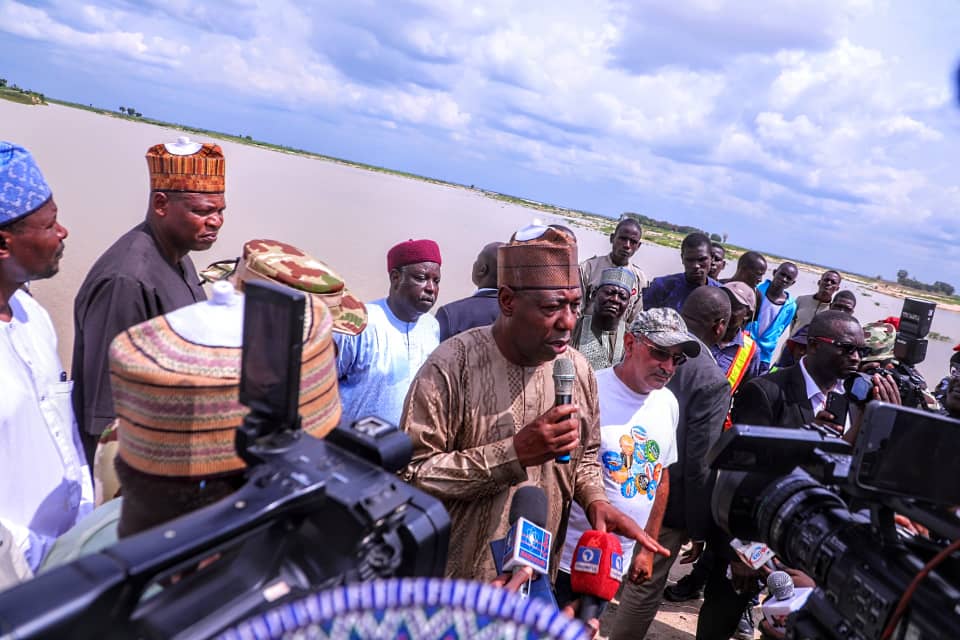
Governor Zulum Inspects Alau Dam, Urges Residents to Take Precautions Against Flooding
Aug 3, 2025 August 3, 2025 (Updated)